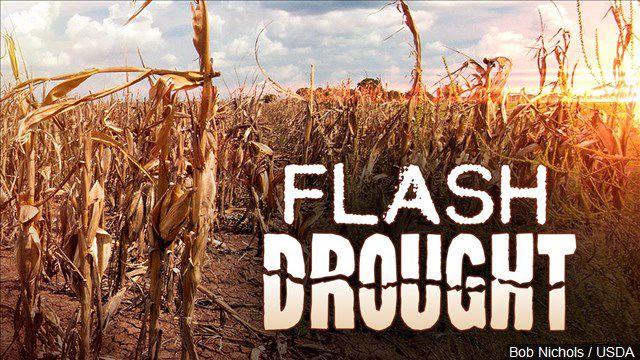OUR PLACE
Linda Frame remains every bit in the picture, and that’s a good thing.
Linda remains angry as all get out with Mayor Mayor and ‘Joanie the Diner’ over the way she’s treated in city council sessions, with both of them talking over her (according to Linda) all the time. That there’s a deep division and bad feelings in the current city council membership is a vast understatement. Goats, archeological studies, the rebirth of seeking the South Street grant and more outright strange decisions by a block of the council has Linda infuriated, and her being infuriated about those decisions, and vocal, has in return infuriated Mayor Mayor and Joanie the Diner.
Linda is proving to be a thorn in the weak management style and application of the majority of elected Lake Geneva officials, just as she was on Tom Earle’s side years ago as the harbormaster. The public needs to know and the public needs argumentative and salty veterans of hard fights, lost causes, and righteous indignation. Linda Frame appears to be all of those things.
Even with last week’s rain southeast Wisconsin is still in a severe drought.
Wisconsin is in what climatologists call a flash drought, a quick-onset dryness that occurs during a period of hot temperatures and little rainfall. Current drought conditions are also a result of the dry air moving over Wisconsin from Canada causing moisture to evaporate more quickly. Last week southern Wisconsin saw some good rainfall, but it wasn’t enough to quench the drought causing lawns to still be brown and water levels to be low. The last 90 days have been the driest in. years. Things could get worse before they get better.
A total of 27 Wisconsin counties now carries the disaster designation from USDA Secretary Tom Vilsack, either as primary or contiguous counties. They are now eligible for government aid as a result of natural disaster declarations from the U.S. Department of Agriculture. Aid is also available for Walworth County. The disaster declarations are based on the U.S. Drought Monitor’s tracking of drought conditions and whether the counties saw eight or more consecutive weeks of either severe, extreme, or exceptional drought conditions during the growing season. People in qualifying counties can get emergency credit and loans from the USDA to help cover the loss of equipment or livestock, farm reorganization, or some forms of debt refinancing. Those interested in applying for the federal government aid have until March 18, 2024, to apply. You can find more information about the emergency loans on the USDA’s website.









